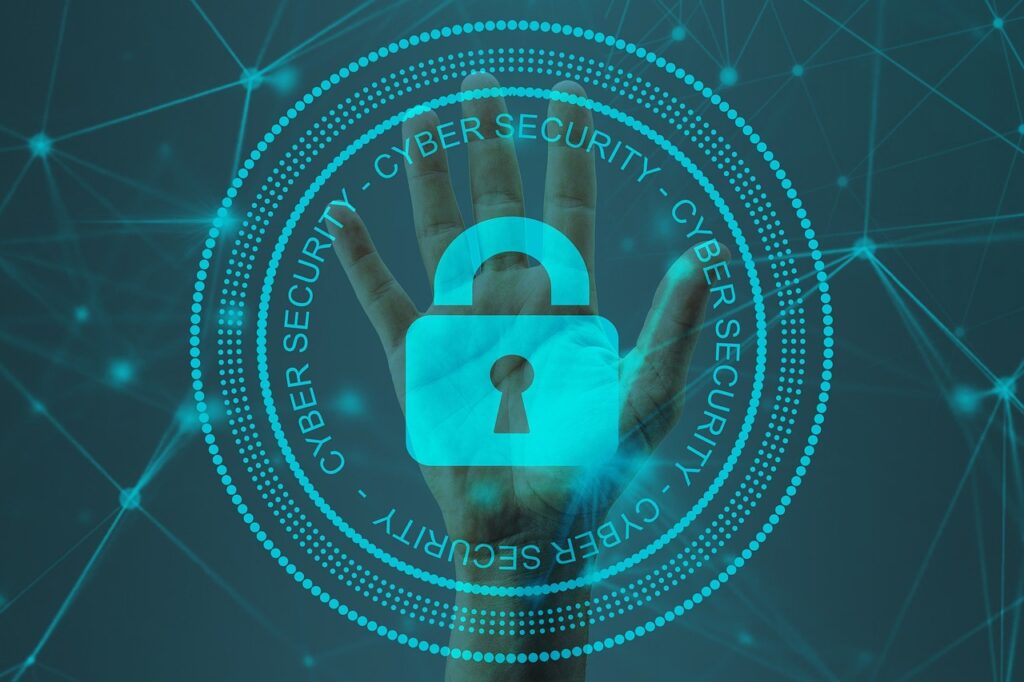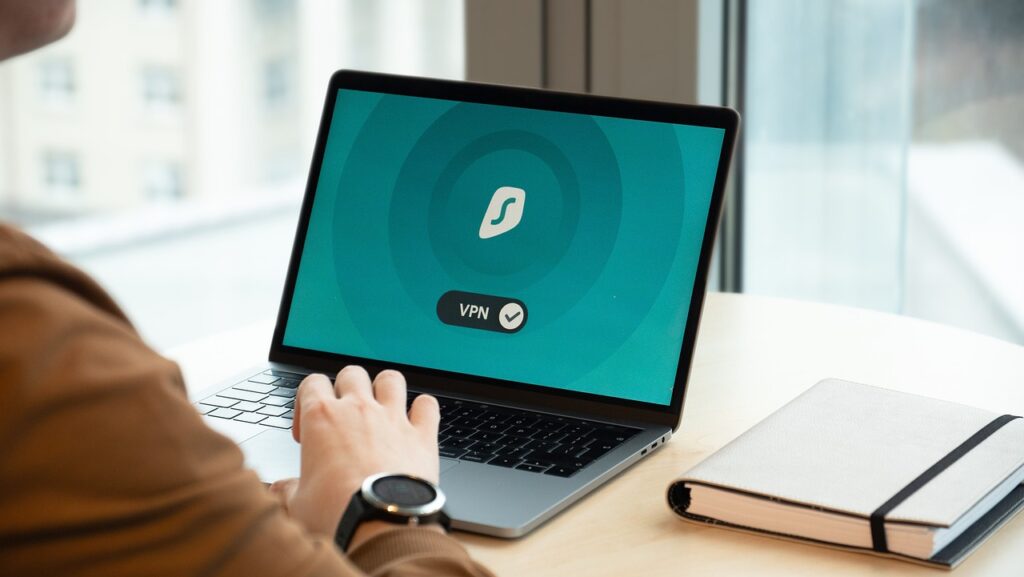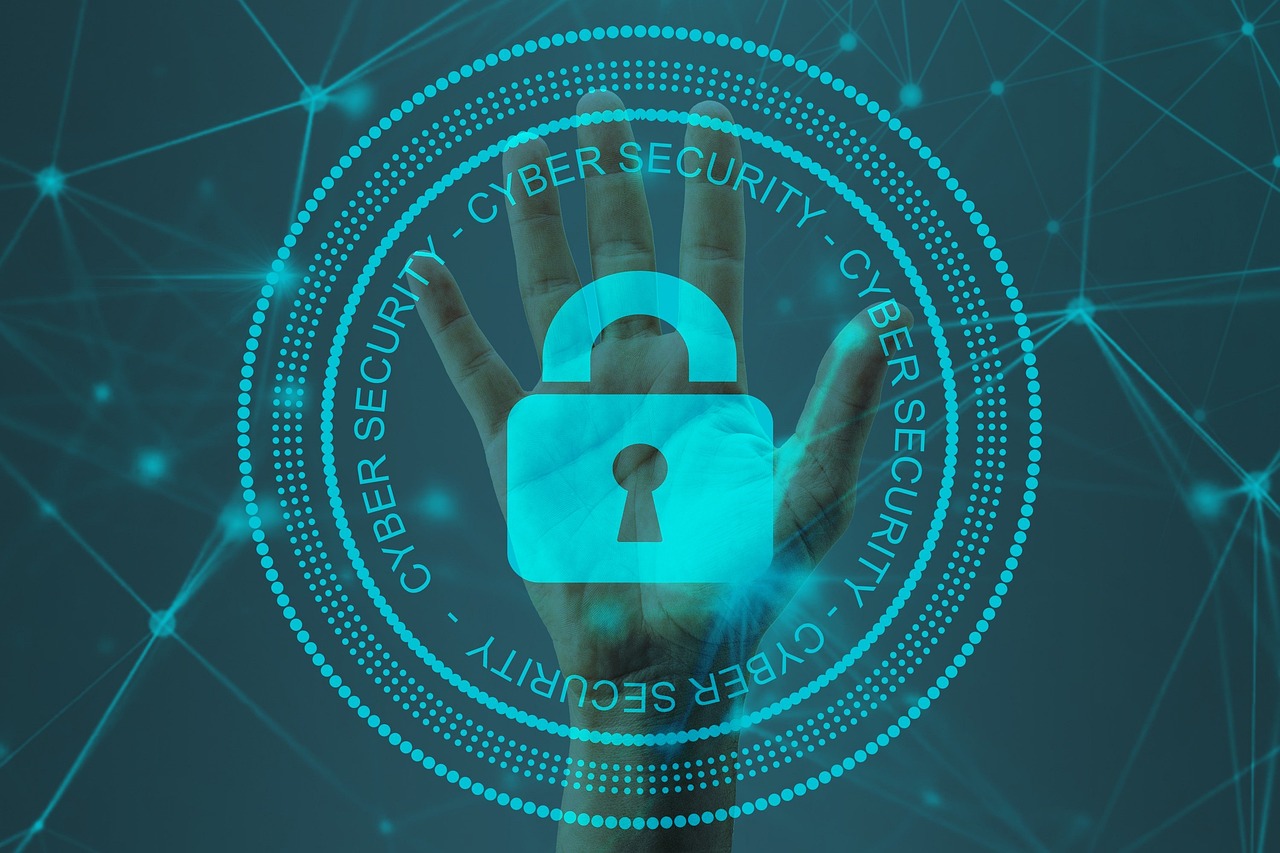In today’s digital era, the best Top Online Security Tools 2024 are essential for safeguarding your personal and financial information from increasing cyber threats. With the growing complexity of online threats, finding and implementing the right online security tools has become crucial. These advanced tools can help you protect your digital life effectively by addressing common cyber threats and enhancing your overall security. Understanding and leveraging these tools is key to maintaining a secure online presence.
Understanding Common Cyber Threats
Before diving into the tools, it is important to understand the threats they guard against. Thus, exploring common types of cyber threats and their impacts will provide a solid foundation.
Types of Cyber Threats: Phishing, Ransomware, and Malware
- Phishing Attacks: Identifying and Avoiding Scams: This type of attack involves fraudulent attempts to obtain sensitive information by pretending to be a trustworthy entity. For instance, attackers often use emails or fake websites to trick victims. Consequently, it is essential to be vigilant about suspicious communications to avoid falling victim.
- Ransomware: How to Defend Against Data Encryption Threats: Ransomware encrypts your files and demands a ransom to unlock them. This attack can paralyze both businesses and individuals. Therefore, having robust defenses against ransomware is critical for maintaining data integrity.
- Malware: Protecting Your System from Malicious Software: Malware, short for malicious software, includes viruses, trojans, and worms designed to damage or gain unauthorized access to systems. Consequently, understanding malware helps in better protecting your devices from such threats.

The Impact of Cyber Threats
Cyber threats can lead to data theft, financial loss, and reputational damage. As a result, the ramifications are far-reaching, affecting both individuals and organizations. Thus, addressing these threats proactively is crucial for maintaining security.
Essential Basic Measures for Online Security
While advanced tools play a significant role, basic security measures form the foundation of online protection. Therefore, starting with these fundamental practices is essential.
Creating Strong Passwords for Enhanced Security
Creating complex passwords is the first line of defence. Instead of utilising information that is simple to figure out, think about implementing a password management system to continue keeping track of your login credentials. By doing this, the likelihood of illicit access is dramatically reduced.
Utilizing Two-Factor Authentication (2FA) to Boost Account Safety
By discerning a second form of information beyond to a password, two-factor authentication (2FA) boosts security. As a result, 2FA makes it much harder for attackers to gain access to your accounts.
Importance of Regular Software Updates for Cyber Protection
Keeping your software up to date ensures you have the latest security patches and bug fixes. Therefore, regular updates help protect your devices from new vulnerabilities and potential threats.
Advanced Security Tools for Comprehensive Protection
Let’s now delve into some advanced tools that can further bolster your online security. These tools are designed to provide additional layers of protection against various cyber threats.
Choosing the Best Antivirus Software for Robust Protection
Antivirus programs are essential for detecting, preventing, and removing malicious software. When choosing antivirus software, look for features such as real-time scanning, automatic updates, and a high detection rate. Consequently, selecting a reliable antivirus program is crucial for effective protection.
Key Features to Look For in Antivirus Programs
- Real-Time Protection: Continuous monitoring for threats ensures immediate response.
- Malware Removal: Effective tools for eliminating infections are vital.
- Performance Impact: Choose software that has minimal effect on system speed to avoid slowdowns.
Top Antivirus Software Recommendations
- Norton: Known for comprehensive protection and additional features. As a result, it offers robust security.
- McAfee: Provides strong security with a user-friendly interface. Consequently, it is popular among users.
- Bitdefender: Praised for its advanced scanning technology and low system impact. Therefore, it delivers efficient protection.
Configuring Firewalls for Optimal Network Security
Firewalls filter incoming and outgoing traffic, blocking harmful data from entering or leaving your network. They operate as an avenue of safety against any threats and your network. Therefore, configuring firewalls correctly is vital for securing your network.
Types of Firewalls: Hardware vs. Software Solutions
- Hardware Firewalls: These are physical devices installed between your network and the internet. They provide strong protection by filtering all traffic.
- Software Firewalls: Programs installed on your computer or network devices. They offer flexibility and can be customized to fit specific needs.
Customizing Firewall Settings to Block Unauthorized Access
Configure your firewall to block unauthorized access while allowing legitimate traffic. Regularly review and adjust settings to match your security needs. By maintaining an updated configuration, you enhance your network’s security.
How VPNs Enhance Online Privacy and Security
By concealing your internet connection, VPNs reduce the chances of data theft by hackers. Additionally, VPNs help mask your IP address, which enhances your privacy. Therefore, using a VPN is a practical step for secure browsing.
Benefits of Using a Virtual Private Network (VPN)
- Enhanced Privacy: Conceals your browsing activity from prying eyes.
- Safe Connections: Maintains security on public Wi-Fi networks, thus reducing the risk of data theft.
- Access to Restricted Content: Bypass geo-blocks for global access, allowing you to enjoy unrestricted content.
Top VPN Providers for Secure Internet Access
- ExpressVPN: Known for its speed and strong encryption. As a result, it provides excellent performance.
- NordVPN: Offers extensive server options and excellent privacy features. Consequently, it is a popular choice.
- CyberGhost: Provides a user-friendly interface and good security measures. Therefore, it is suitable for both beginners and advanced users.
Implementing Advanced Online Security Protocols
For comprehensive protection, consider integrating advanced security protocols. These protocols offer additional layers of security and can further enhance your digital safety.
Encryption Techniques to Safeguard Sensitive Data
Data undergoes encryption afterwards turned into an unsafe format that is capable of being accessed by those that possess the decryption key. Therefore, it is essential for protecting sensitive information from unauthorized access.
Using Secure Sockets Layer (SSL) Certificates for Safe Web Transactions
SSL certificates ensure secure, encrypted connections between web servers and browsers. Look for the padlock icon in your browser’s address bar to verify SSL usage. Thus, SSL certificates help protect online transactions and communications.
Multi-Factor Authentication (MFA): Adding Extra Layers of Security
MFA requires multiple forms of verification before granting access, adding an extra layer of security beyond just passwords. Consequently, MFA significantly enhances account security.
Effective Monitoring and Management of Online Security
Regular monitoring is essential for maintaining robust security. Therefore, it is crucial to stay vigilant and responsive to potential threats.
Utilizing Security Dashboards for Real-Time Threat Management
Utilize security dashboards to get an overview of your protection status and alerts. This tool helps in managing and responding to security issues promptly.
Conducting Regular Security Audits for Vulnerability Detection
To find and fix probable vulnerabilities, do routine audits. Regular audits ensure that your security measures remain effective against evolving threats.
Setting Up Alerts and Notifications for Immediate Risk Response
Enable alerts for suspicious activities or security breaches to respond promptly. By staying informed, you can take immediate action to mitigate potential risks.

Best Practices for Safe Online Behavior
Even with the best tools, practicing safe online behavior is crucial. Consequently, adopting good habits helps in further securing your online presence.
Avoiding Phishing Scams and Suspicious Links
Be cautious of emails or messages with unfamiliar links. Phishing attacks often use these to compromise your security. Therefore, always verify the source before clicking on links.
Managing Privacy Settings on Social Media Platforms
Review and adjust your privacy settings on social media platforms to control what information is shared publicly. Consequently, you can minimize the risk of unauthorized access to your personal data.
Secure Browsing Habits to Protect Personal Information
Use secure websites (those with HTTPS) and avoid entering sensitive information on untrusted sites. Secure browsing habits help in protecting your personal information.
Handling Data Breaches
In case of a data breach, swift action is necessary. Therefore, follow these steps to manage the situation effectively.
Immediate Steps to Take
- Change Passwords: Update passwords for affected accounts to prevent further unauthorized access.
- Notify Affected Parties: Inform any parties whose data may have been compromised. This helps in minimizing potential damage.
Long-Term Measures to Prevent Future Breaches
- Enhance Security Measures: Implement stronger security tools and practices to fortify your defenses.
- Monitor Accounts: Keep an eye on your financial and personal accounts for unusual activity. Regular monitoring helps in early detection of potential issues.
Educating Yourself and Others
Staying informed about online security trends helps in maintaining safety. Therefore, educating yourself and others is crucial for enhancing overall security awareness.
Online Security Training
Participate in online security courses or training programs to improve your knowledge. By staying informed, you can better protect yourself against emerging threats.
Awareness Programs
Engage in or organize awareness programs to educate others about best practices in online security. Consequently, raising awareness helps in creating a more secure digital environment.
Future Trends in Online Security
Looking ahead, several trends are shaping the future of online security. Staying aware of these trends can help you prepare for future challenges.
AI and Machine Learning in Cybersecurity
Artificial Intelligence (AI) and machine learning are becoming crucial in detecting and responding to threats more efficiently. As a result, these technologies will play a significant role in future cybersecurity measures.
The Growing Importance of Personal Security
As cyber threats evolve, personal security measures will become increasingly important. Staying ahead of these threats will require continuous learning and adaptation. Consequently, proactive security measures will be vital.
Conclusion
Enhancing your online security involves a blend of basic measures and advanced tools. By understanding the threats, implementing robust security tools, and practicing safe online behavior, you can protect yourself and your data from cyber threats. Stay informed and proactive to ensure your digital life remains secure.
FAQs
- What is the best antivirus software for home users? The best antivirus software typically includes features like real-time protection, malware removal, and minimal system impact.
- How often should I update my passwords? It’s a good practice to update your passwords every 3 to 6 months or immediately if you suspect a breach. Use complex passwords and consider a password manager for better management.
- Are free VPNs as secure as paid ones? Free VPNs often have limitations in terms of security and performance. Consequently, paid VPNs generally offer better protection and features.
- How should I react if it seems there has been a data breach? Immediately change your passwords, notify affected parties, and monitor your accounts for any unusual activity. Consider running a security scan and contacting relevant authorities if needed.
- How can I educate my family about online security? Share information on best practices, set up family-wide security tools, and discuss common threats and how to avoid them. Regularly update them on new security trends and measures.
